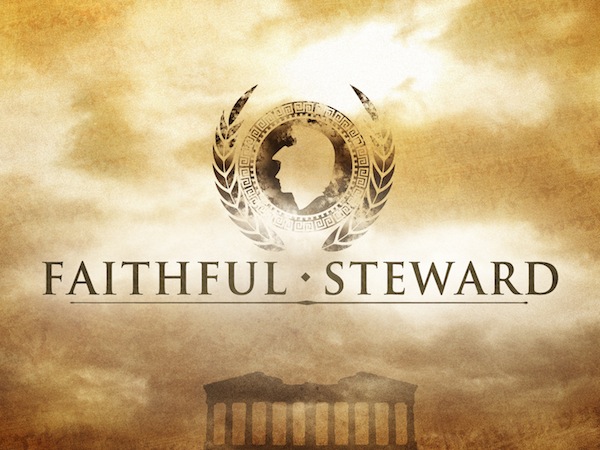(Prov 27:23,24 GNB) Look after your sheep and cattle as carefully as you can, because wealth is not permanent. Not even nations last forever.
This morning we get back to our “Unlocking the Power of Proverbs – Walking in the Wisdom of God” series. While most of the proverbs can stand alone, the next five verses are part of the same thought. I will give you the first two verses this morning and we will address the next three tomorrow. In this passage Solomon is teaching us about financial management and he is well qualified to do so. When Solomon was just a young man, and he was about to take over as the successor to his father (king David), Solomon had a conversation with God. In that conversation Solomon explained to God the concerns he had about taking on such a great responsibility. To address his concerns, God told Solomon to ask for whatever he wanted. Think about that for a moment. The God of the universe told a teenager that he could ask for whatever he wanted. You know that most of us, as teenagers, would have asked for foolish things, but Solomon asked for wisdom. God was pleased with his request and said, “Since you have not asked for a long life but for wisdom… wisdom and knowledge will be given you. And I will also give you wealth, possessions and honor, such as no king who was before you ever had and none after you will have” (2 Chron 1:11,12). The Lord blessed Solomon and Israel with so much wealth that most scholars believe Solomon was the richest man to ever live. So not only was Solomon charged with running a nation, but he also had to manage a tremendous surplus. So yes, he is qualified to give us financial advice.
In Solomon’s day most people were either farmers (tending to fields) or herders (tending to livestock). We will discuss the farmer tomorrow. To the herder, the person who makes a living from his livestock, Solomon says to carefully look after the flock. Another translation says that you should know your sheep by name. Why? Because wealth is not permanent. Another translation says that what you have is not guaranteed to last to the next generation. Back in chapter 13 Solomon said, “A good man leaves an inheritance for his children’s children” (v.22). So in one verse Solomon tells us that we should manage our finances in such a way that we are able to leave an inheritance for our grandchildren and here he warns us that what we have today is not guaranteed to last until tomorrow.
So what does this mean to you today? A few things:
1. Realize that you are a steward. A steward is one who is charged to oversee the possessions of another. God has blessed you with everything you have, so take care of it. Don’t worship your stuff, but don’t devalue it either.
2. Be a faithful money manager. As a financial steward, the father expects you to be faithful (1 Cor 4:2); to manage your finances in accordance with the counsel He has provided in His Word.
2. Don’t spend everything you get. The wise spares, the fool squanders. Don’t spend everything that comes into your hands, because if you do, you will never be able to leave an inheritance for your children and children’s children.
Closing Confession: Father, I thank You for this reminder. You expect me to be a good steward over my finances and I declare that I will. I will honor You financially and in turn I know You will bless the work of my hands. I will tithe, give offerings, support ministries that are making a difference, and give to the less fortunate as You lead me to. I will give, save, and spend – in that order – and by doing so I will please You and become the faithful steward You expect me to be. I am determined to walk in the blessing, to generate the wealth You desire for me to leave for my children and their children, and to finance ministry so that the gospel can be preached to all nations! Thank You Father for the wisdom to manage my finances in such a way that I will be able to live a strong, stable, and secure life. In Jesus’ name. Amen!
This is Today’s Word! Apply it and Prosper!

